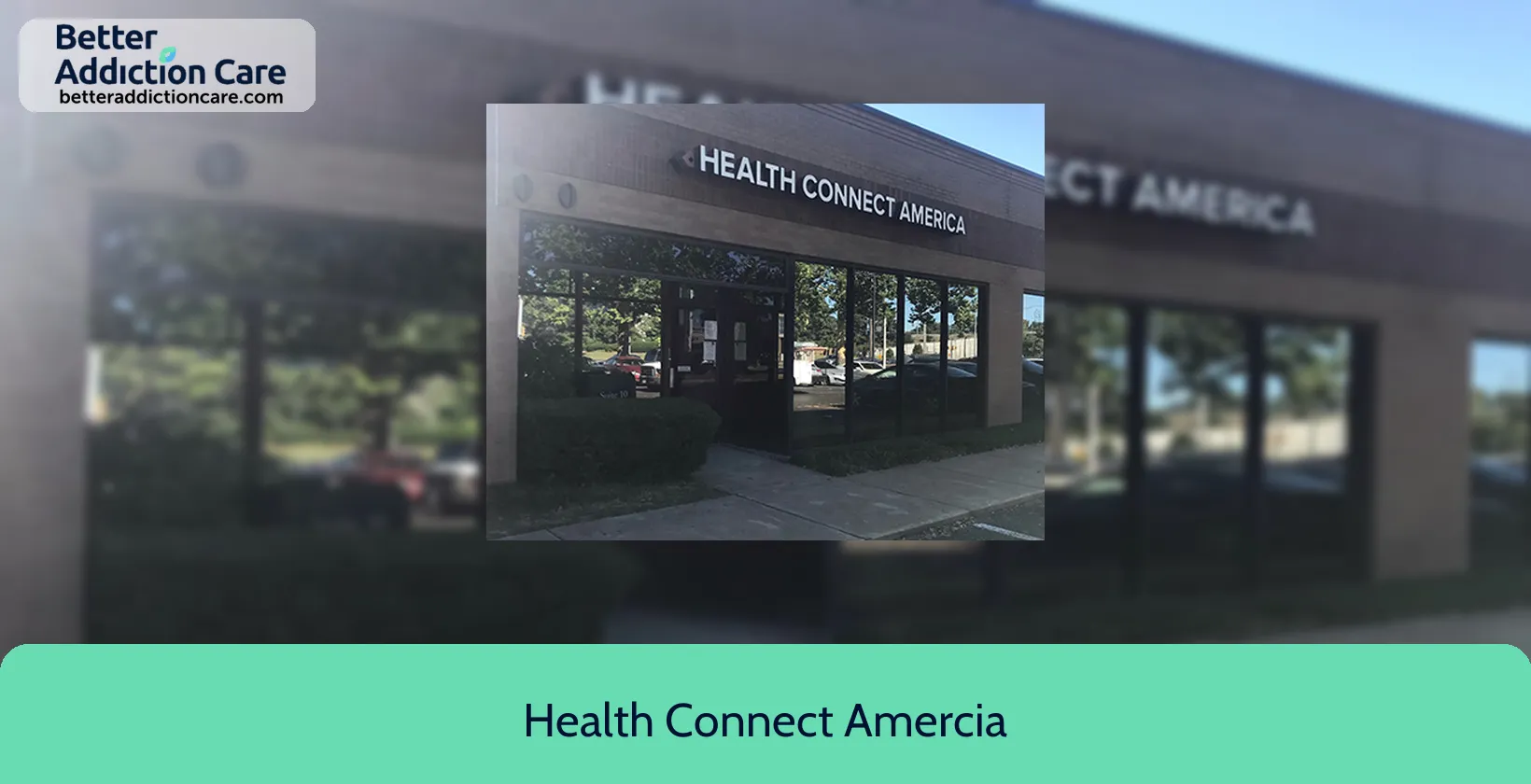CMI Heathcare Services - BabyLove - Pregnant Women Resid Treatment

Overview
CMI Heathcare Services - BabyLove - Pregnant Women Resid Treatment is a substance abuse treatment center for people seeking treatment near Shelby County. As part of their treatment modalities for recovery, CMI Heathcare Services - BabyLove - Pregnant Women Resid Treatment provides cognitive behavioral therapy, telemedicine/telehealth therapy, and substance use disorder counseling during treatment. CMI Heathcare Services - BabyLove - Pregnant Women Resid Treatment is located in Memphis, Tennessee, accepting no payment accepted for treatment.
CMI Heathcare Services - BabyLove - Pregnant Women Resid Treatment at a Glance
Payment Options
- No payment accepted
- Federal, or any government funding for substance use treatment programs
Assessments
- Screening for tobacco use
- Comprehensive mental health assessment
- Comprehensive substance use assessment
- Outreach to persons in the community
- Screening for mental disorders
Age Groups
- Young adults
- Adults
- Seniors
Ancillary Services
- Case management service
- Residential beds for client's children
- Child care for client's children
- Domestic violence services, including family or partner
- Mental health services
Highlights About CMI Heathcare Services - BabyLove - Pregnant Women Resid Treatment
6.92/10
With an overall rating of 6.92/10, this facility has following balanced range of services. Alcohol Rehabilitation: 8.00/10, Drug Rehab and Detox: 6.00/10, Insurance and Payments: 6.00/10, Treatment Options: 7.70/10.-
Alcohol Rehabilitation 8.00
-
Treatment Options 7.70
-
Drug Rehab and Detox 6.00
-
Insurance and Payments 6.00
Accreditations
State mental health department:
State mental health department accreditation refers to the process of evaluating and certifying the quality and standards of a state's mental health department, ensuring that it provides high-quality services and meets specific criteria for mental health care. The accreditation process is performed by a third-party organization and helps to improve the overall care and treatment of individuals with mental health conditions.
Treatment At CMI Heathcare Services - BabyLove - Pregnant Women Resid Treatment
Treatment Conditions
- Alcoholism
- Mental health treatment
- Substance use treatment
- Co-occurring Disorders
Care Levels
- Hospital inpatient treatment
- Outpatient
- Long-term residential
- Intensive outpatient treatment
- Regular outpatient treatment
Treatment Modalities
- Cognitive behavioral therapy
- Telemedicine/telehealth therapy
- Substance use disorder counseling
- Trauma-related counseling
- Smoking/vaping/tobacco cessation counseling
Ancillary Services
Additional Services
- Pharmacotherapies administered during treatment
- Mentoring/peer support
- Breathalyzer or blood alcohol testing
Special Programs
- Pregnant/postpartum women
- Clients who have experienced trauma
Get Help Now
Common Questions About CMI Heathcare Services - BabyLove - Pregnant Women Resid Treatment
Contact Information
Other Facilities in Memphis

6.59

7.08

7.52

6.62

7.05

7.77

7.26

7.14
DISCLAIMER: The facility name, logo and brand are the property and registered trademarks of Health Connect Amercia, and are being used for identification and informational purposes only. Use of these names, logos and brands shall not imply endorsement. BetterAddictionCare.com is not affiliated with or sponsored by Health Connect Amercia.
